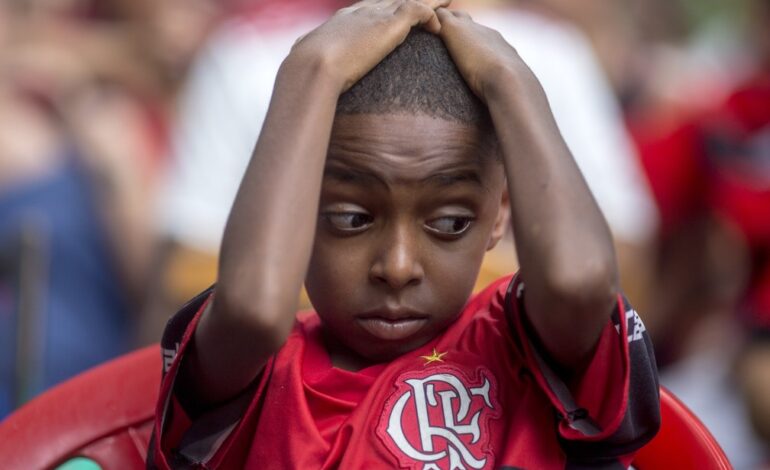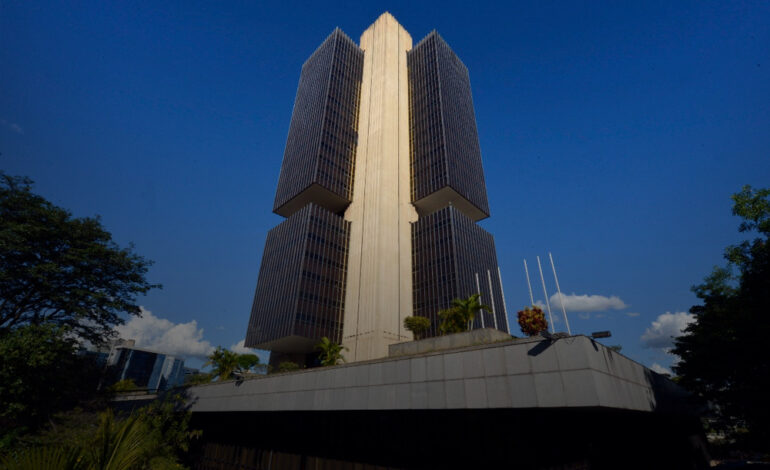Planning leads to Victories

We are all dismayed. Devastated. Devastated by yesterday's defeat. Our first reaction is anger and the search for culprits to vent our disappointment. It is a fact. We did not deserve to qualify. The referee was biased in the yellow card criteria and in the marking of two maximum penalties and hurt Flamengo, but these are only excuses and do not stop our feeling of sadness.
What is the lesson to be learned from this hard defeat? Planning is the answer. Planning is a process that involves the definition of objectives, the evaluation of alternatives, the selection of paths, the estimation of resources, and the follow-up and control of the execution of actions. It is a process to achieve desired goals through the best use of available resources.
Soccer has long ceased to be a sport of unpredictable results. It is enough to see the champions of the most important tournaments to reach the natural conclusion that the soccer universe revolves around a few better-structured teams. And when unexpected results occur, this fact is more related to the errors, especially of planning, of the bigger teams than to the virtues of the weaker teams. With a strong inflow of financial resources, the clubs have modernized. Arenas were built, state-of-the-art training centers, and the hiring of distinguished athletes became more frequent. Regardless of where the resources came from, the teams became true multi-territorial teams. In Brazil, only Flamengo has structured itself for this new era in a sustainable way. Brazilian SAFs are very new and have not yet had time to prove themselves. Flamengo, unlike its rivals, does not depend on patronage and even though it increases its revenue annually on a recurring basis, it is far from needing to become an SAF to make its survival viable. From 2016 on, after getting its house in order financially, it started to invest in major signings that transformed the team into an elite team. This team has been dominating the national and South American scene for 4 years. It has not won all the competitions it has played, it is true, but it has been and is considered the favorite in all of them.
That's why the fans' pain today is greater than usual. Flamengo has a better team than Al Hilal, better players, can continue to hire outstanding players and has a super modern support structure and CT. But, then, why did they play so badly? We are back to planning. Clearly the club didn't plan adequately for this beginning of the season. The team is physically dragging in the field, the players haven't performed as expected for a long time, the signings, when they are not unsuccessful, take a long time to have an effect, and so the team's performance has been dropping over the last 4 years. The flashes of good soccer have lasted less and less. Insufficient to face the current calendar. Not to mention the constant change of coaches, on a trial and error basis, which is the method commonly used in Brazilian soccer of trying out different actions until the right solution to a certain problem is found. Each change of coach is a new beginning and generates time to produce positive effects. This is the time that Flamengo did not have at the beginning of the year.
Good planning would not allow players a 60-day vacation, having important competitions at the very beginning of the season. It would hold on to important players until the end of the World Cup. It would give more time to adapt to the newcomer, no matter how good this player is. I would identify the technical gaps in the team and start hiring for these positions in the window at the end of last year. There would be a more in-depth discussion about the coach to be hired and the timing of this hiring. It is not that the team played a bad game at the beginning of the season. It has played nothing since the end of last season until today. There has been talk for ages about alternatives to match the key players, but the hires have not happened. Since 2019 flamengo has followed the pattern of playing away the beginning of the year, to change everything in the middle and correct what is wrong throughout the championships. Clearly, once again, there has been no good planning for the season ahead.
In a structured team the size of Flamengo, with the largest fan base in the country, every match should be a spectacle, regardless of the importance of the championship. To do so, it is necessary to have a robust squad, both in number and quality. The major world leagues have high average attendances for all matches. This is because they are looking for great displays game by game. In yesterday's match, the team with the biggest structure in Brazilian soccer had no alternative to the poor performance of its main players. It played like a team with a limited squad.
With good planning the team will not necessarily win all the competitions it plays, but the tendency is that it will be successful in most of them. On the fans' side, planning and transparency help to mitigate the pain of defeat, without taking away the collective and individual merits of the victories. Flamengo will continue to be the club with the greatest hiring capacity. Therefore, its managers, coaching staff, and players need to understand that the pain of defeat will always be greater. We cannot delude ourselves with the premise that Flamengo has the best squad in South America, as if this, in itself, is enough. There are already several examples that disprove this thesis, including in Flamengo itself.
A well-structured club needs paid professional managers. They are in charge of providing the necessary structure to achieve the objectives outlined in the planning in time for the goals to be reached. This planning needs to be detailed and transparent so that there is no doubt about the club's priorities for the season. This means exclusive dedication to the club, without parallel political or executive functions. No company allows such a situation. Nothing against the people who are currently in charge, but it is necessary to know that the dedication of each one of them is exclusive to the team.


